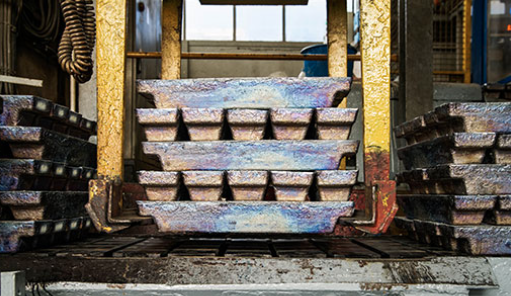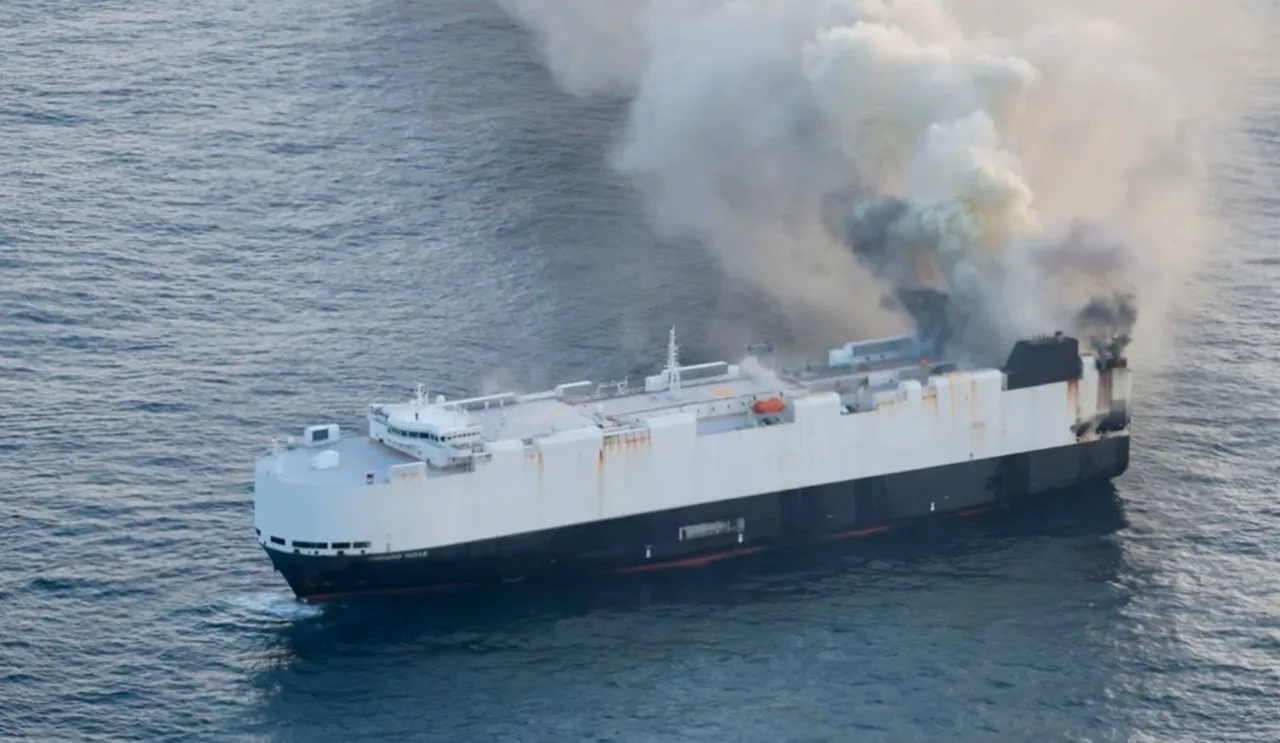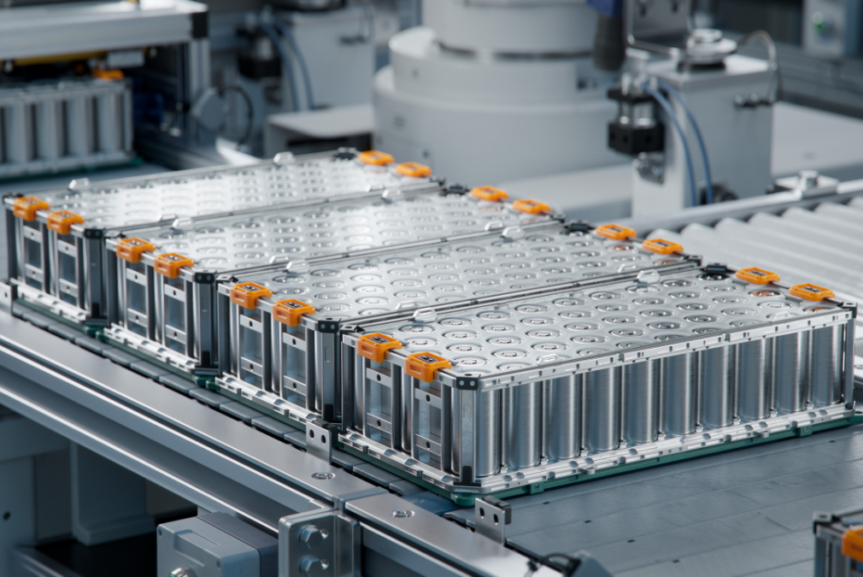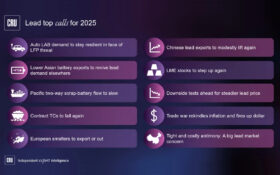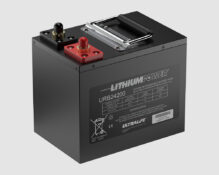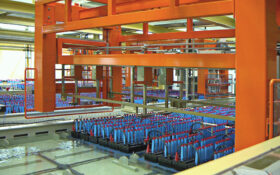German firm Weser-Metall stopped production at its primary lead smelter until further notice as demand from battery makers slumped amid temporarily halts in operations at global car plants.
The decision by the Recylex-owned firm on 26 March was made to allow the company to “adapt to the sharp drop in demand, particularly in the automotive industry, and in the context of a sharp drop in metal prices”.
The facility has been switched to “service and maintenance” mode ahead of a future restart when customer requests will be met from inventory, said the firm.
Recylex’s lead-acid battery recycling plants in France and in Germany have been almost entirely shut down. The group has also stopped buying used lead batteries until further notice.
Industry expert Farid Ahmed, principal analyst, lead markets at Wood Mackenzie, said many secondary lead smelters were feeling the pinch between high scrap prices and the strong decline in the lead price due to the coronavirus pandemic.
While Wood Mackenzie predicts a 5.6% year-on-year drop in total lead demand this year, Ahmed says lead demand hasn’t “fallen off a cliff”, with most smelters and battery producers continuing operations, albeit at reduced levels, and would pick up as the world emerges from the Covid-19 crisis.
A survey by Shanghai Metals Market on 3 April suggested that operating rates across lead-acid battery producers in the China provinces of Jiangsu, Zhejiang, Jiangxi, Hubei and Hebei averaged 65.03% in the week ended 3 April, down 0.2 percentage point from the previous week.
The organisation said: “Operating rates across Chinese lead-acid battery plants edged lower this week (ending 3 April) as the COVID-19 pandemic overseas depressed export orders.
“Downstream demand for lead-acid batteries remained subdued, especially in the auto battery market, where the virus outbreak overseas weighed on export orders. Increase in new orders shrank significantly at battery mills in export-oriented areas such as Guangdong and Fujian, and some received orders have been delayed or cancelled. Those battery plants mulled output cuts, or suspension, if orders fail to recover in the near term.”
Expert opinion
Ahmed said: “This past northern-hemisphere winter was quite mild, the result of which has been fewer failures during the traditional ‘battery kill’ season – particularly in North America and Europe.
“This tightening of used battery supply has kept scrap prices relatively high for smelters, at a time when the value of their finished product – refined lead – has fall by around 15% from the start of the year.
“Demand has been hit by operations temporarily halting at a large proportion of car plants globally. Also, with so many people across the world currently working from home, fewer miles are being driven and so there is less use of automotive batteries than normal, which will extend their lives by a few months.
“On the flipside, however, there are an awful lot of cars currently sitting idle, not being used, and their batteries not being charged. Many older batteries nearing the end of their service lives will struggle to start their vehicles after discharging over several weeks or months.”
“As so much of total lead demand is for auto replacement batteries, it means that most of the lost consumption will be demand deferral rather than demand destruction.
“So many battery uses cannot simply be abandoned, such as auto replacement. Hence, whilst Wood Mackenzie is forecasting a 5.6% year-on-year drop in total lead demand this year, we see it rebounding by 7.4% next year as some of the deferred demand is carried into next year and the economic recovery continues.

